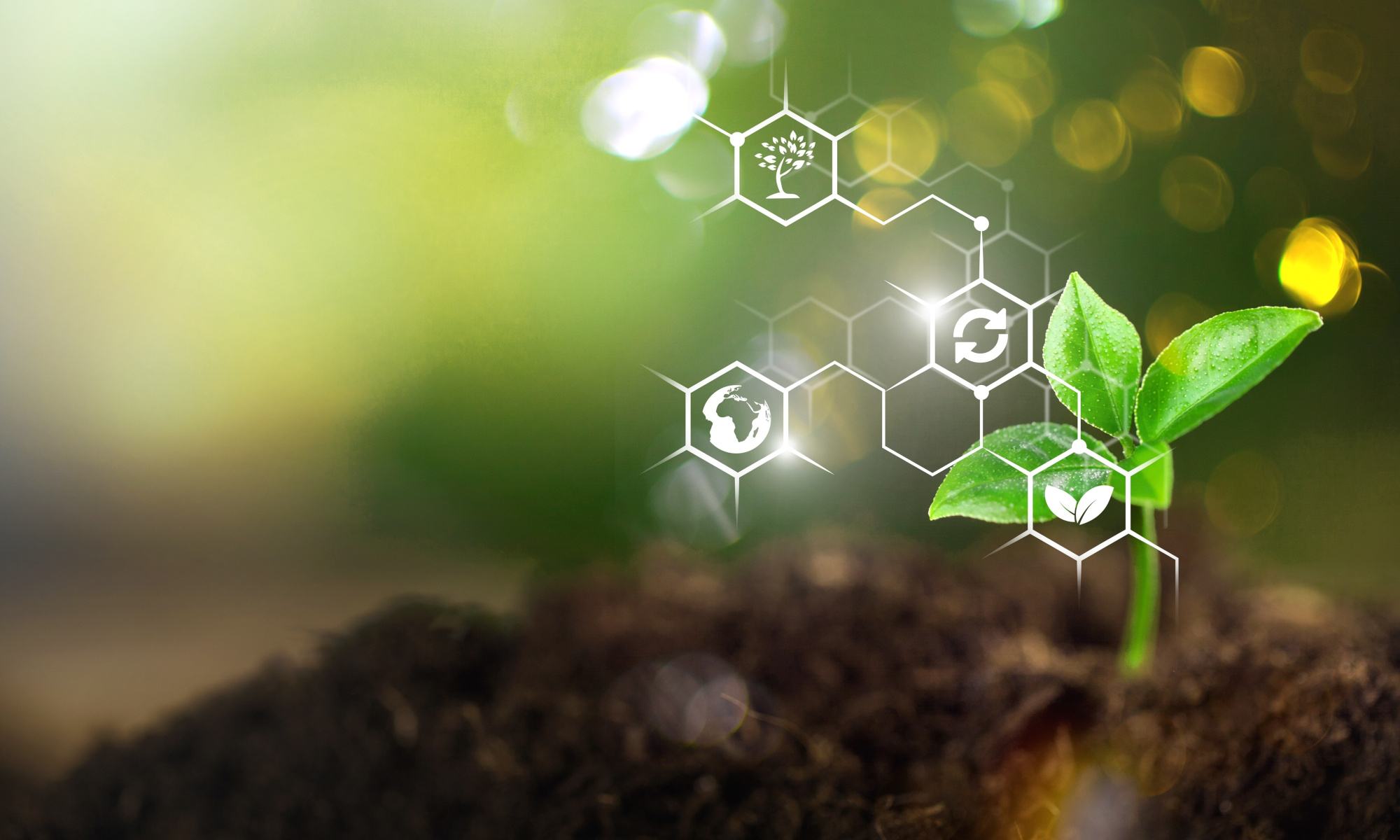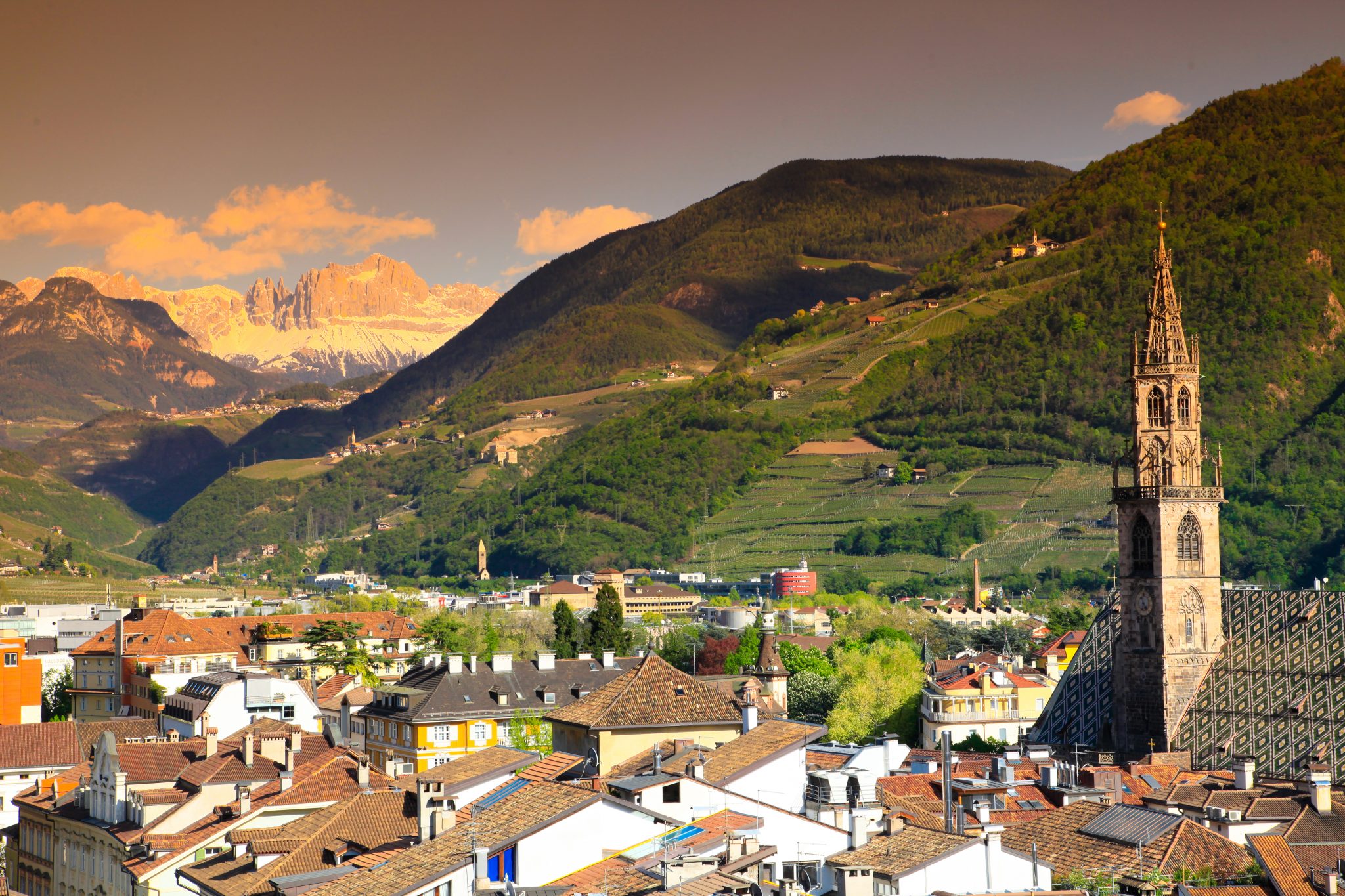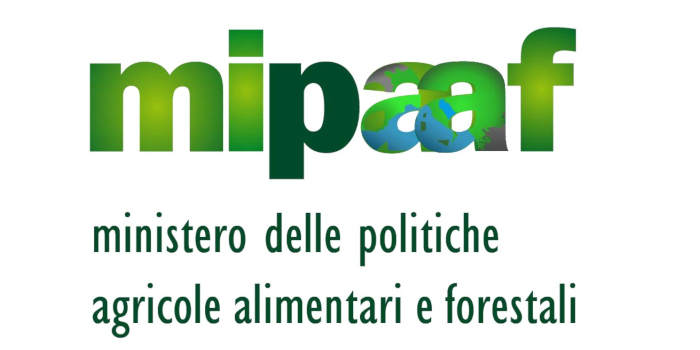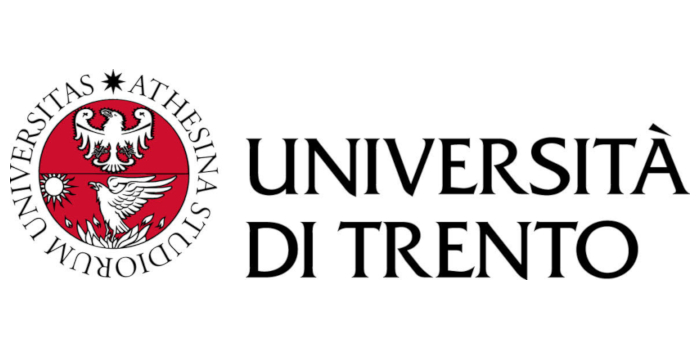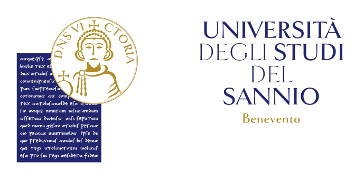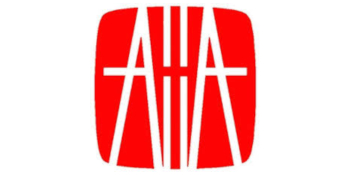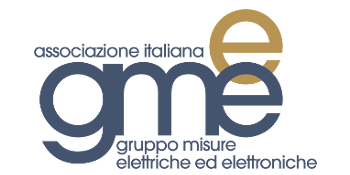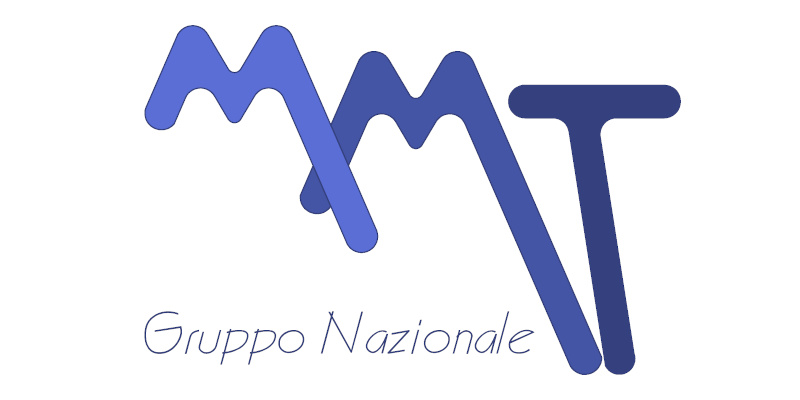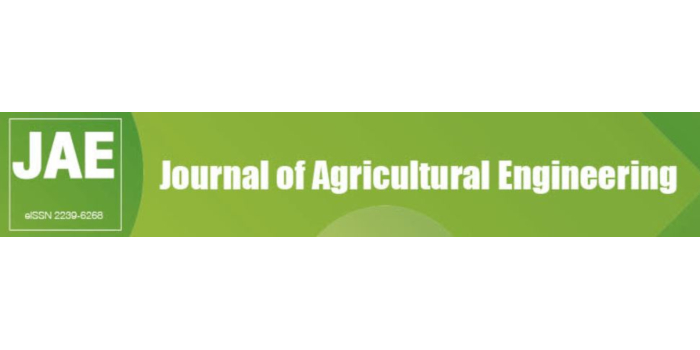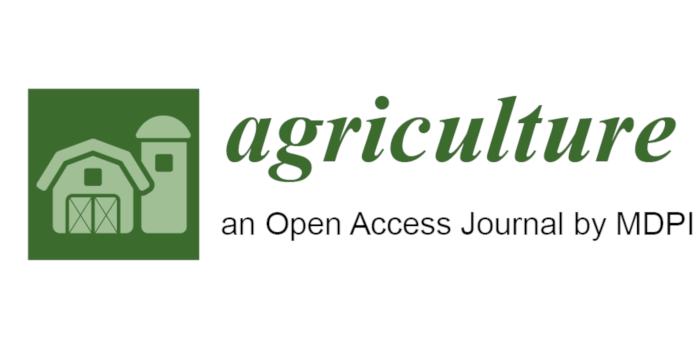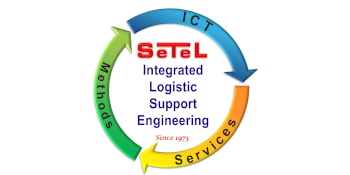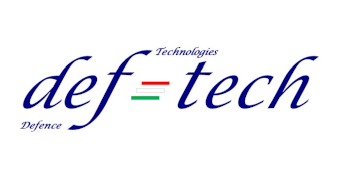Smart Water Management in Agriculture: Models, Algorithms, Tools and Solutions
ORGANIZED BY
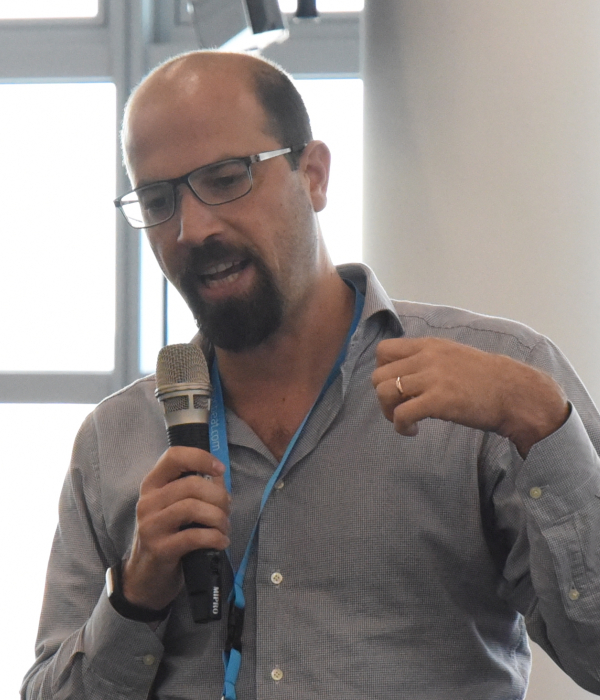
Luca Roffia
Department of Electrical, Electronic, and Information Engineering "Guglielmo Marconi" - DEI, University of Bologna
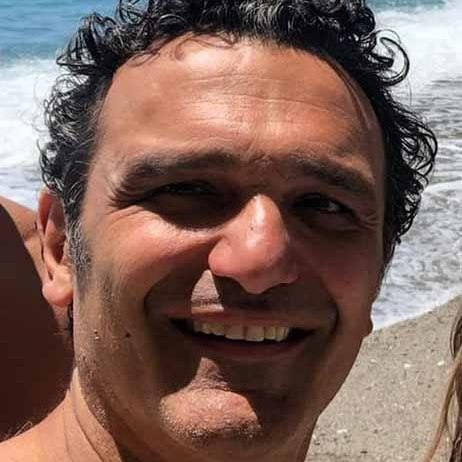
Marco Bittelli
Department of Agricultural and Food Sciences - DISTAL, University of Bologna
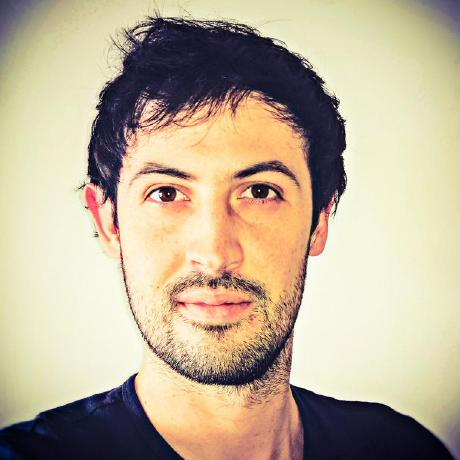
Cristiano Aguzzi
Advanced Research Center on Electronic System "Ercole De Castro" - ARCES, University of Bologna
ABSTRACT
As stated in the 2020 United Nations World Water Development Report, focused on water and climate changes, agriculture uses the major share of global freshwater resources and there will be little scope for increasing the amount of water used for irrigation, which currently accounts for 69% of all freshwater withdrawals. Water can support efforts to both mitigate and adapt to climate change, and the specific challenges for agricultural water management are twofold: adapt existing modes of production and ‘decarbonize’ agriculture. With this respect, Climate-Smart Agriculture (CSA) is a recognized suite of well-informed approaches to land and water management, soil conservation and agronomic practice that sequester carbon and reduce GHG emissions. The Report concludes that reducing both the impacts and drivers of climate change will require substantial changes in the way we use and reuse the Earth’s limited water resources, and in particul ar measures to improve the efficiency of water use in agriculture are needed. Understanding this scenario and finding trustable and sustainable solutions are the challenges that we propose to discuss within the framework of MetroAgriFor. Therefore, we propose a special session which aims to collect contributions that focus on models, algorithms, tools and ICT solutions facing those challenges.
TOPICS
The topics of interest include, but are not limited to the following subject areas:
- IoT platforms, tools and solutions for smart water management in agriculture
- Models and algorithms for soil-plant-atmosphere system
- Technologies for climate-smart agriculture (CSA)
- Integrated data management, data-sharing and information interoperability
- Digital technology interventions on small-scale farms
- Communication protocols, wireless networks and integrated observation systems
- Drones, sensing methods and smart energy solutions for smart agriculture
- Solutions enabling the use of treated wastewater for agriculture in peri-urban and urban settings
- ICT strategies for mitigating climate change impact in agricultural water management
ABOUT THE ORGANIZERS
Luca Roffia is Junior Assistant Professor within the Department of Electrical, Electronic, and Information Engineering "Guglielmo Marconi" of the University of Bologna. His research interests are mainly focused on investigating interoperable solutions driven by W3C Semantic Web technologies and Linked Data standards. He is the principal investigator of SEPA (SPARQL Event Processing Architecture), a publish-subscribe architecture to support the development of open, interoperable, distributed, context aware and data-driven Web applications. SEPA finds its natural application in all the domains characterized by dynamic and heterogenous data, like the Web of Things.
Marco Bittelli is Associate Professor of Soil and Environmental Physics at the Department of Agricultural and Food Sciences, of the University of Bologna. Bittelli conducts research in a variety of soil and environmental physics areas, with special focus on the exchange of mass and energy in the soil-plant-atmosphere system, numerical modelling in the earth sciences, non-linear processes and electromagnetic methods in ecosystems. He published 64 papers in peer-reviewed international journals, 8 book chapters, 2 books and he participated in many national and international research projects. He is currently Associate Editor of Vadose Zone Journal and he has been editor of the journals Measurement Science and Technology, Geophysics and Water.
Cristiano Aguzzi is a Ph.D. candidate in the Engineering and Information Technology (EIT4SEMM) at the University of Bologna and invited expert at the W3C Web of Things Working Group. His research interests are mainly focused on Web Of Things, Linked Data, Semantic Web, dependability of sematic platforms, micro-service architectures and interplanetary file systems.
